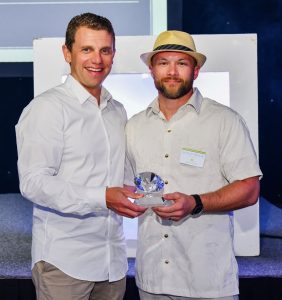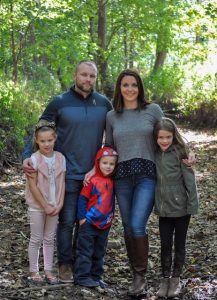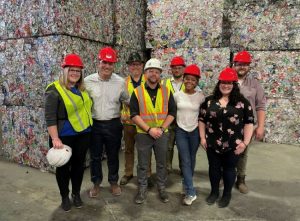Amy Schumacher is CEO of The Heritage Group, a U.S. based sustainability investor. Amy tells Nomura Greentech that she is applying generations of business experience to grow vital new industries such as battery recycling.
This interview first appeared in the Winter 2023 edition of Nomura Greentech, and is reposted here for promotional purposes.
“We have been in the environmental sector for over 50 years.”
What first sparked your interest in sustainability?
At The Heritage Group we are a fourth generation, privately held, family-owned business. We think in terms of decades and ultimately generations, that’s how we are still around.
We have been in the environmental sector for over 50 years. My father founded that part of our organization, and I grew up in that world.
My spark is tied to how we define sustainability as people, planet and communities, as well as our common vision, centered on leaving the world better than we found it.
From early teenage summer jobs to my current CEO responsibilities, sustainability has always been a part of me.
How concerned are you about climate change and the pace at which the world is collectively trying to solve this problem?
We are all citizens of the world on this particular issue and I think everyone needs to explore what they can do to address climate change.
Both big initiatives and small steps can create a significant impact. For example, we’ve taken the small, but important step of eliminating single-use plastic bottles at our headquarters, and other Heritage locations are beginning to do the same. On a larger scale, we’re part of an initiative that’s introducing sustainable solutions into the construction of airport runways.
Tackling climate change is fraught with challenges from inconsistencies in language and measurement, to lack of global alignment and keeping up with rapidly evolving regulation.
I am concerned that the challenge may seem too daunting or the solutions so complex that people either get discouraged or spend too much time debating rather than taking meaningful steps forward.
At The Heritage Group, at least on our sustainability journey, we have adopted the mantra of ‘progress over perfection’ – in other words, even if our action is somewhat imperfect, we’ve ultimately made more progress than if we hadn’t begun at all.
As CEO you oversee The Heritage Group’s portfolio of more than 50 businesses and 6,000 employees. What’s your ethos when it comes to sustainability, capital allocation and investment or acquisitions?
The way we consider sustainability in making investment decisions has changed dramatically. It was always in the ether, but it’s now front and center as a factor that we actively discuss as it relates to strategic investments.
Our portfolio is very diverse. We have some companies that operate directly in the environmental services space and others in various adjacencies around it.
In addition to our core business areas, we have grown our investment thesis into new platforms that ultimately service our sustainability mission. In our HG Ventures portfolio, a hard-tech focused venture strategy, I can’t think of an investment we have made that doesn’t support our sustainability goals.
The DNA of The Heritage Group is in materials science. You have a focus on chemicals, construction materials and environmental services. How are you looking to bring sustainability into these businesses and which one is the hardest to decarbonize?
I’m really proud to be in these sectors and I’m committed to supporting their transition.
When I think about some of our legacy core businesses, we have embraced circularity for a very long time. Take reclaimed asphalt pavement, or RAP, one of the most recycled materials in the U.S., or recovering zinc from one of the largest solid hazardous waste streams in the country.
To decarbonize these businesses, we have long leveraged our Heritage Research Group, which uses science and technology to do more with less and do things differently.
This means harnessing our expertise in specialty chemicals and sustainable fuels to drive development or taking a waste stream from one industry to create an environmentally friendly solution in another or even optimizing processes, not only to reduce waste, but also to decrease our environmental footprint.
Quite often the decarbonization challenge is difficult and instead of leaning in, many investors exit and transfer the problem to someone else. We see that all the time and instead, we are using our expertise in science to drive sustainable solutions.
Which areas are you focused on for new investment and which of your past investments have yielded the biggest sustainability impact?
From an investment perspective, we are always looking at aligning our capabilities with the next emerging macro trend or tailwind – that’s when we are at our best.
Our investment in Cirba Solutions, the largest lithium-ion battery recycler in North America, is a good example of a recent success and where we plan on maintaining our focus in the near term.
Battery recycling is set to benefit from the rapid expansion in the global EV market and the U.S. will continue to develop at a fast pace as there’s a shortage of mineral inputs. Batteries are also associated with geopolitical and societal challenges considering where in the world some of these raw materials are located so recycling can help mitigate these issues.
Our strategy for Cirba Solutions was to look at that emerging opportunity and match it with the expertise within our portfolio companies to accelerate its development.
When I think about our past investments and current capabilities, what gave us the courage to commit to building and ultimately growing Cirba, was our understanding of recycling. We have capabilities in collection, and expertise in the science and technology of reusing materials.
With our track record of successfully handling challenging materials, we see an opportunity to be a leader within that industry. It’s a perfect example of where so many of The Heritage Group’s best capabilities really came together to do something impactful.
To what extent do you think the Inflation Reduction Act (IRA) is fast tracking decarbonization solutions and is it helping any of your portfolio companies?
I think it’s too early to understand the full impact of the IRA. It is definitely raising awareness, driving capital investment and accelerating the pace of business growth within the green space.
A number of our businesses, including Cirba Solutions, were recipients of federal Department of Energy grants related to their innovative technology. We were fortunate to have Energy Secretary Jennifer Granholm at our ribbon cutting to celebrate not only the IRA, but what was possible for one of our emerging core businesses.
Envita Solutions is another example of a key Heritage operating business that is helping our customers achieve their goals through the use of data and science to optimize waste management.
While the IRA is not directly benefiting Envita, it is impacting the customers we serve by accelerating their net zero goals and timelines which in turn creates more opportunities.
The IRA is also having a positive effect on our communities. The Children’s Museum of Indianapolis is one of the best museums in the country, and The Heritage Group helped it apply for a Department of Energy sustainability grant through the IRA. We have a strong passion and commitment towards improving our communities.
Which future technologies are you most excited about?
Every year, around this time, I get really excited about welcoming our hard-tech founders into The Heritage Group Accelerator.
The program brings roughly ten very early stage companies to The Heritage Group for 13 weeks to help launch their sustainability businesses in areas such as green materials, infrastructure, environmental solutions and industrial systems.
It’s inspiring to see so many budding entrepreneurs applying their curiosity, talents and creativity to this space and the number of applicants grows exponentially each year.
Specific technologies capturing my attention include: sustainable aviation fuel, low carbon materials, water technology, and, of course, battery recycling.
There are also brand new technologies that we have never envisioned, which provide a glimpse into the future.
In 2030, The Heritage Group celebrates its centenary. What would you like to achieve by then and what legacy would you like to leave?
As a long term family-owned business, we’re building for generations, leaving people, planet and communities better than when we found them.
I’m fortunate to build upon what came before me at Heritage and to plant the seeds for what will come after, and that’s both a privilege and a responsibility.
Aspirationally, I would like to leave The Heritage Group in a place where it will be successful for the next 100 years, not just the next decade.
That means a focus on top talent. We aim to have a collection of world class businesses where smart, hardworking individuals can make a real difference. We are thinking carefully about the people side of our company because people are our greatest asset and hopefully a part of my legacy.
Who’s your sustainable hero and why?
It would be easy to say my grandfather and father; they had the foresight and courage to introduce sustainability concepts into The Heritage Group at a time when no one was talking about it and really laid the foundations for the businesses that we run today.
But honestly, my sustainable hero is my great-uncle Frank who was the steward of our sustainability journey in the early days, when the environmental industry was so much like the Wild West that we felt uncomfortable operating there.
All leaders have defining moments in their history where they can choose diverging paths and great-uncle Frank’s came soon after we had bought a fledgling environmental business. It was hindered by a series of challenges and leadership at the time was considering getting out and moving on.
But great-uncle Frank said “the world needs people like us in this business so we’re going to lean in, not lean out, and do the right thing, always.”
That really became the fabric and DNA of the business. We never stepped into this because of ESG regulatory pressures, financial returns or to jump on the next big macro trend. My forefathers did it because it was the right thing to do and that has served us at the heart of who we are today.
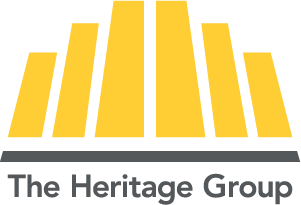
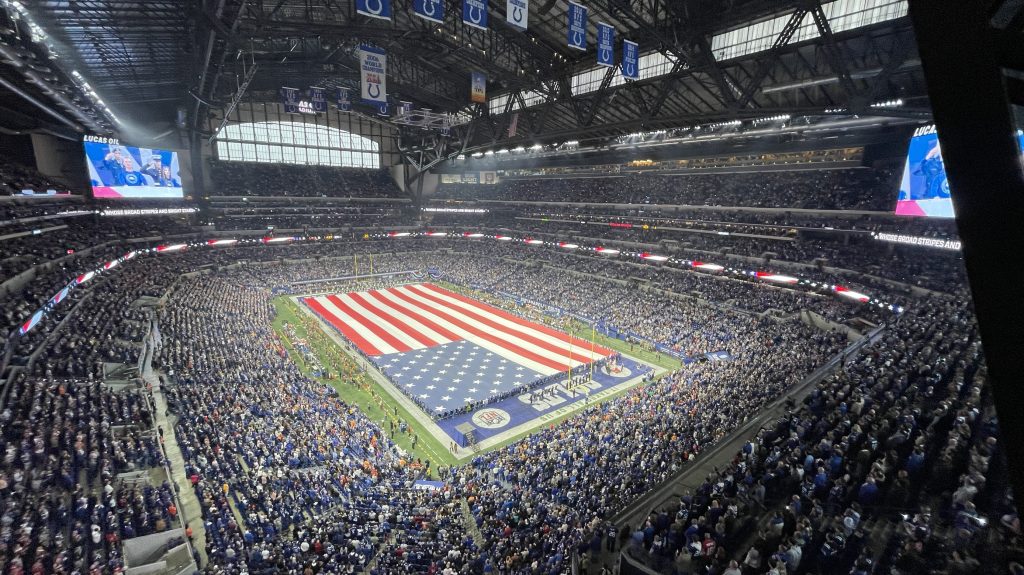
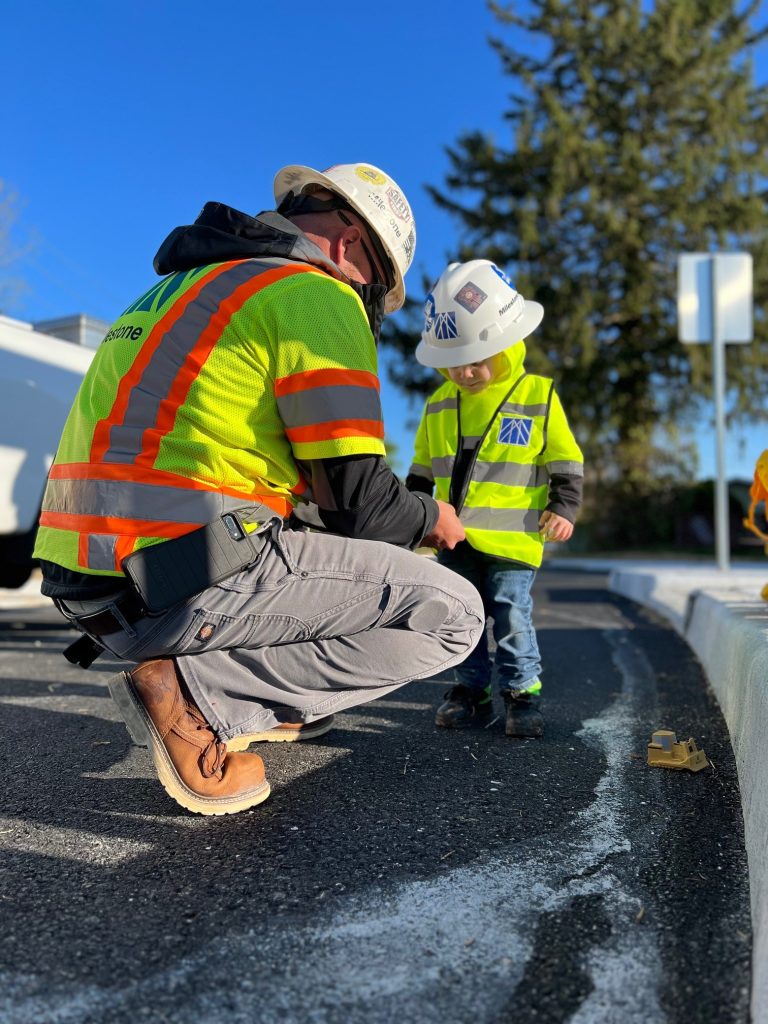
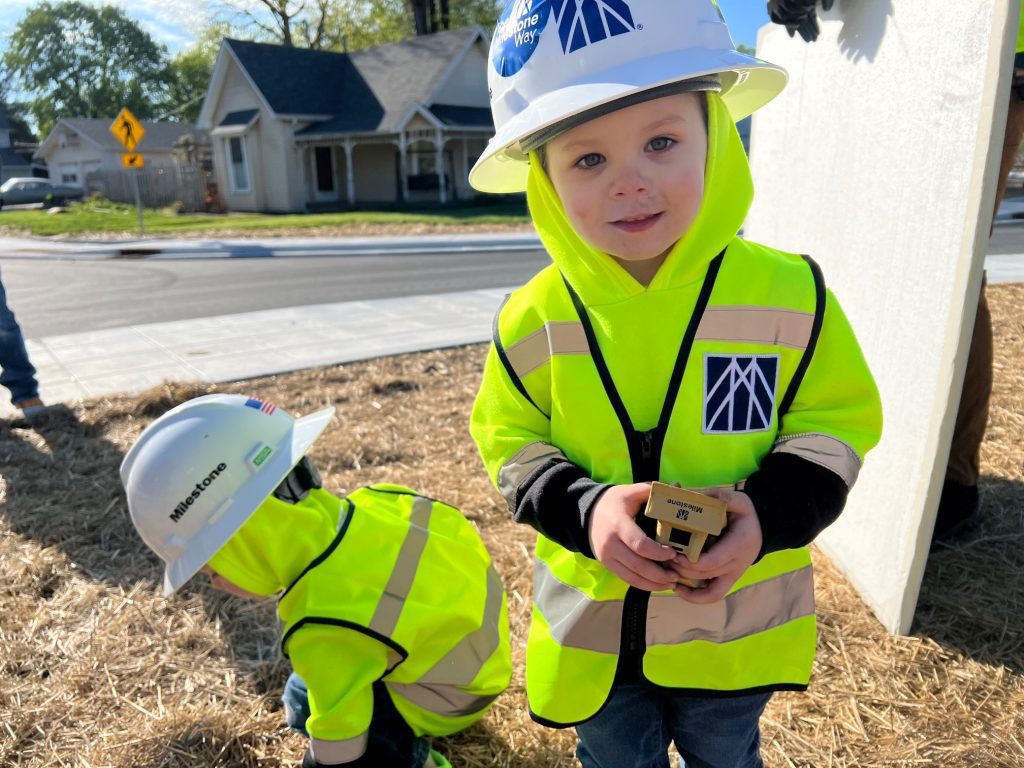
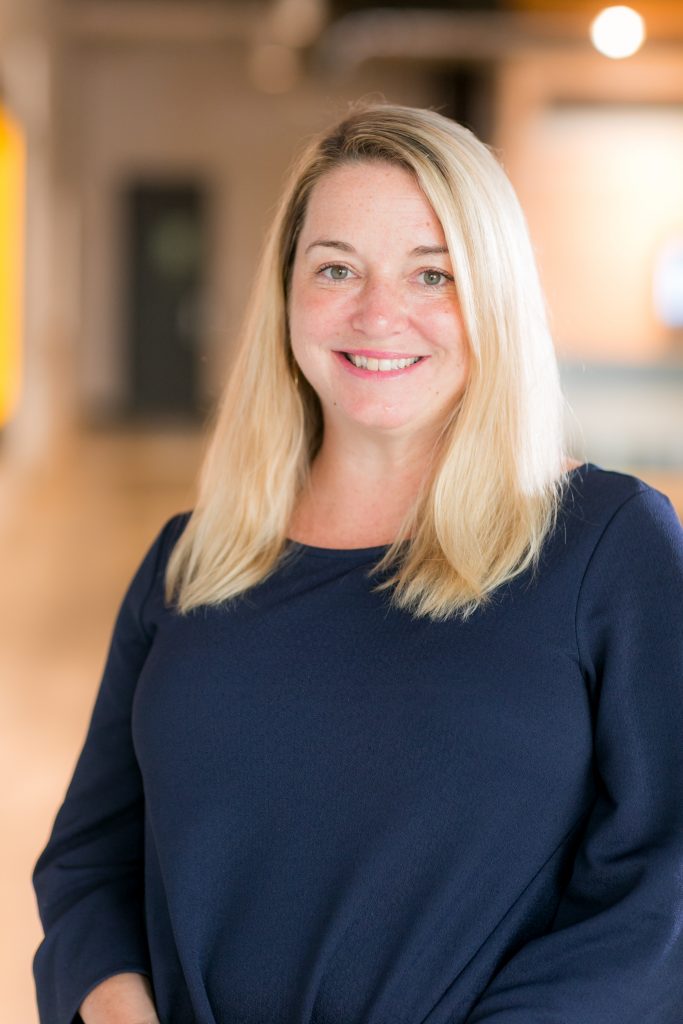 This career shift sent Liz on a path in which she often found herself as the only woman operating within male-dominated industries. Liz leaned heavily on her upbringing and ability to connect with everyone. She noted, “My dad worked in construction and has always been a source of good advice.” That guidance includes being well-versed in the language of construction, over-preparing, and meeting people on their turf. “I learned early on that in order to gain trust and respect, I had to take as many face-to-face meetings as possible,” remarked Liz.
This career shift sent Liz on a path in which she often found herself as the only woman operating within male-dominated industries. Liz leaned heavily on her upbringing and ability to connect with everyone. She noted, “My dad worked in construction and has always been a source of good advice.” That guidance includes being well-versed in the language of construction, over-preparing, and meeting people on their turf. “I learned early on that in order to gain trust and respect, I had to take as many face-to-face meetings as possible,” remarked Liz.